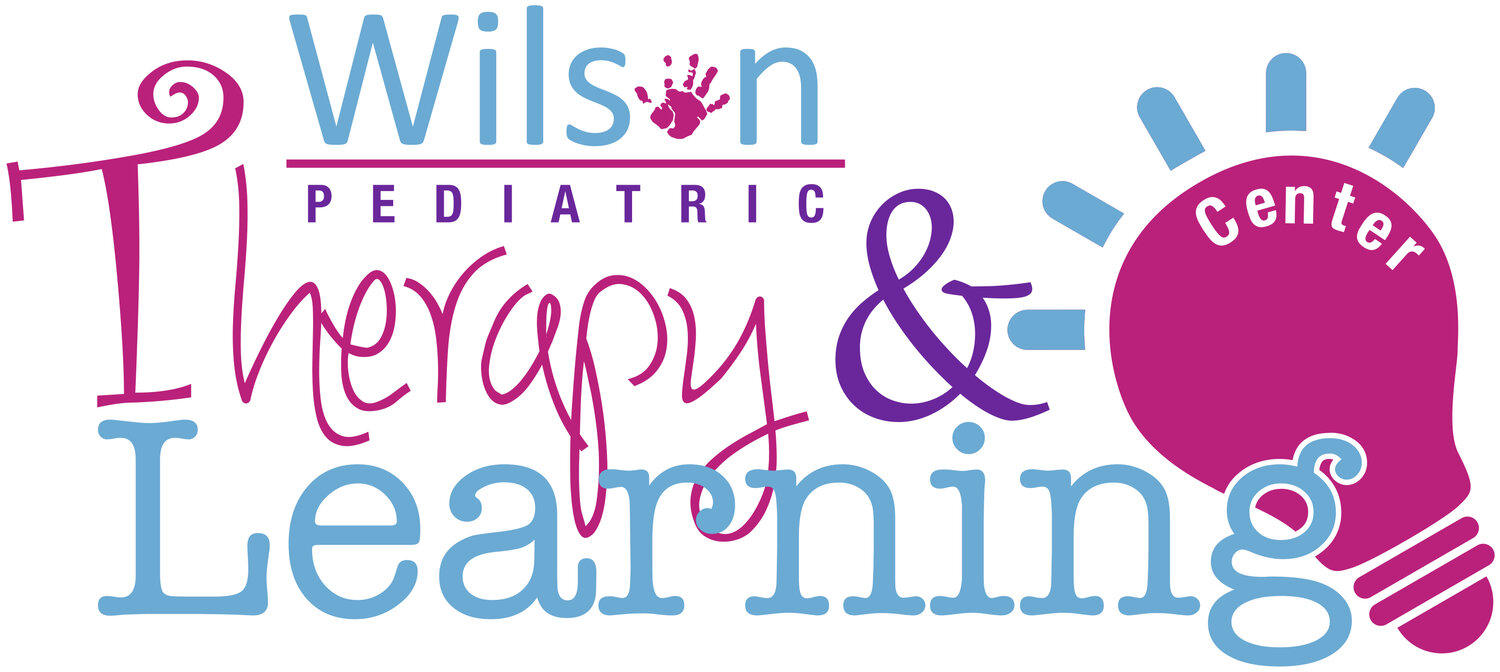The Role of Occupational Therapy in Dyslexia
According to the Mayo Clinic, dyslexia is a “learning disorder that involves difficulty reading due to problems identifying speech sounds and learning how they relate to letters and words.” [Mayo Clinic, 2022] Within the WPT clinic, we are lucky enough to have a learning program that provides screeners and dyslexia evaluations, completed by a Speech Language Pathologist. Once the dyslexia diagnosis is given, our skilled learning clinicians can work with your child to complete our dyslexia program, which is focused on treatment and academic intervention.
So… how does this relate to occupational therapy?
Although OTs do not diagnose dyslexia, they can play a vital role in the initial identification/referral, as well as the treatment for continued carryover within their academic work. Occupational therapy focuses the individual child’s needs, to determine if there are other factors at play, such as sensory integration, fine motor skills, grasp on writing utensils, hand strength, visual perception deficits, executive functioning or other modifications that must be addressed.
Before dyslexia evaluation/treatment:
While working with an Occupational Therapist, your child may be working on letter formation or other forms of handwriting skills. During these tasks, an OT can make observations regarding the child’s abilities to follow directions, attend to task, and copy letters or words on paper. At this time, we are usually able to identify handwriting deficits, which can include case errors (switching between upper- and lowercase letters), letter reversals and the child’s ability to complete saccadic eye movements (smooth eye movements from left to right). Although errors can be a typical step in the learning process, a skilled OT can identify whether or not these errors have a deeper underlying concern, based on age and other holistic factors.
After dyslexia evaluation/treatment:
Occupational Therapists will focus on a child-centered plan of care, focusing on letter memory/recall or their ability to accurately write and copy words and sentences, according to the age of the child. The plan of care will often focus on correctly sequencing the alphabet or recall of individual letters for our younger kids, and accurate copying of sentences and paragraphs within an age-appropriate timeframe for our older kids. In addition, we will focus on letter reversals, proper formation of letters, visual motor integration tasks to incorporate movement of a writing utensils across paper, visual scanning activities and games/hands-on activities for differentiating between left and right. During this time, an OT could also refer the family to follow up with a psychologist for a possible diagnosis of dysgraphia, or a vision therapist if eye movements and visual perceptual concerns continue.
Dyslexia identification, evaluation and treatment is a team-based approach, which can be altered based on the child’s specific needs. Allowing our team at WPT to work with your child allows for us to make clinical skilled observations across all facets of the learning process to ensure that all deficits are addressed, and school/work accommodations can be made to assist the child in feeling comfortable and confident in their activities of daily life.
Let us help your child thrive. If you have concerns or questions about dyslexia, reach out to our front office so we can get you in contact with the correct staff members to assist you!
Written by Courtney Rivest, OTD, OTR/L
Mayo Clinic Staff. (2022). Dyslexia. Mayo Clinic. https://www.mayoclinic.org/diseases-conditions/dyslexia/symptoms-causes/syc-20353552
